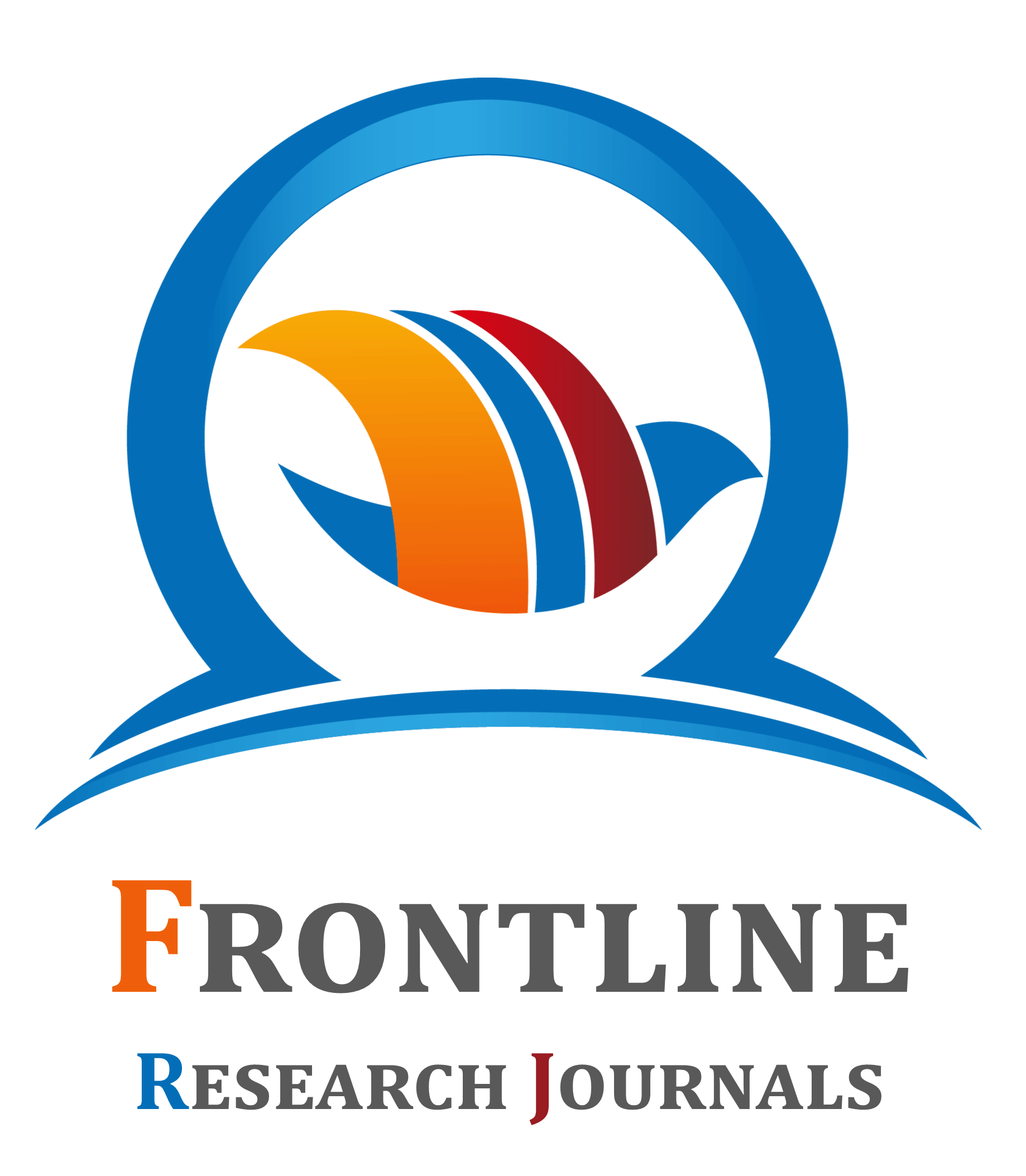A model for wealth management through standardized financial advisory practices in Nigeria
1 Imo State Internal Revenue Service, Nigeria.
2 Zenith General Insurance Company Limited, Nigeria.
3 The Velvet Expression, Lagos, Nigeria.
4 Independent Researcher, Lagos, Nigeria.
5 Zenith Bank Nigeria.
Review
International Journal of Frontline Research in Multidisciplinary Studies, 2022, 01(02), 027–039.
Article DOI: 10.56355/ijfrms.2022.1.2.0053
Publication history:
Received on 12 June 2022; revised on 20 August 2022; accepted on 23 August 2022
Abstract:
This paper proposes a model for wealth management through standardized financial advisory practices in Nigeria, aimed at improving financial literacy, investment decisions, and long-term wealth creation. In the context of Nigeria’s evolving financial sector, the need for a standardized approach to financial advisory services has become essential to bridge gaps in wealth management and improve the financial well-being of individuals and institutions. The model focuses on establishing a framework that standardizes financial advisory services, ensuring consistency, transparency, and accountability across the financial services industry. Key components include developing regulatory guidelines for financial advisors, implementing standardized tools for risk assessment and portfolio management, and promoting adherence to ethical practices. This framework also emphasizes the importance of financial literacy as a foundational element in wealth management. By improving public knowledge on investment options, risk tolerance, and long-term financial planning, individuals can make more informed decisions, reducing exposure to fraudulent schemes and unregulated advisors. Additionally, the model proposes the development of a national certification program for financial advisors to ensure high standards of practice. Another aspect of the model involves leveraging technology to provide personalized financial solutions. Digital platforms, powered by artificial intelligence, will offer customized investment strategies tailored to individual financial goals and risk profiles. These platforms will also improve accessibility to advisory services, especially for underserved populations. The expected outcomes of this model include a more resilient financial services industry, increased consumer trust in financial advisory services, and broader participation in investment activities. In the long term, standardized financial advisory practices will lead to better wealth distribution and economic growth in Nigeria. In conclusion, the proposed model for wealth management through standardized financial advisory practices provides a comprehensive solution to enhance financial decision-making and wealth creation in Nigeria, fostering sustainable economic development.
Keywords:
Wealth Management; Financial Advisory; Standardization; Investment Strategies; Financial Literacy; Nigeria
Full text article in PDF:
Copyright information:
Copyright © 2022 Author(s) retain the copyright of this article. This article is published under the terms of the Creative Commons Attribution Liscense 4.0
